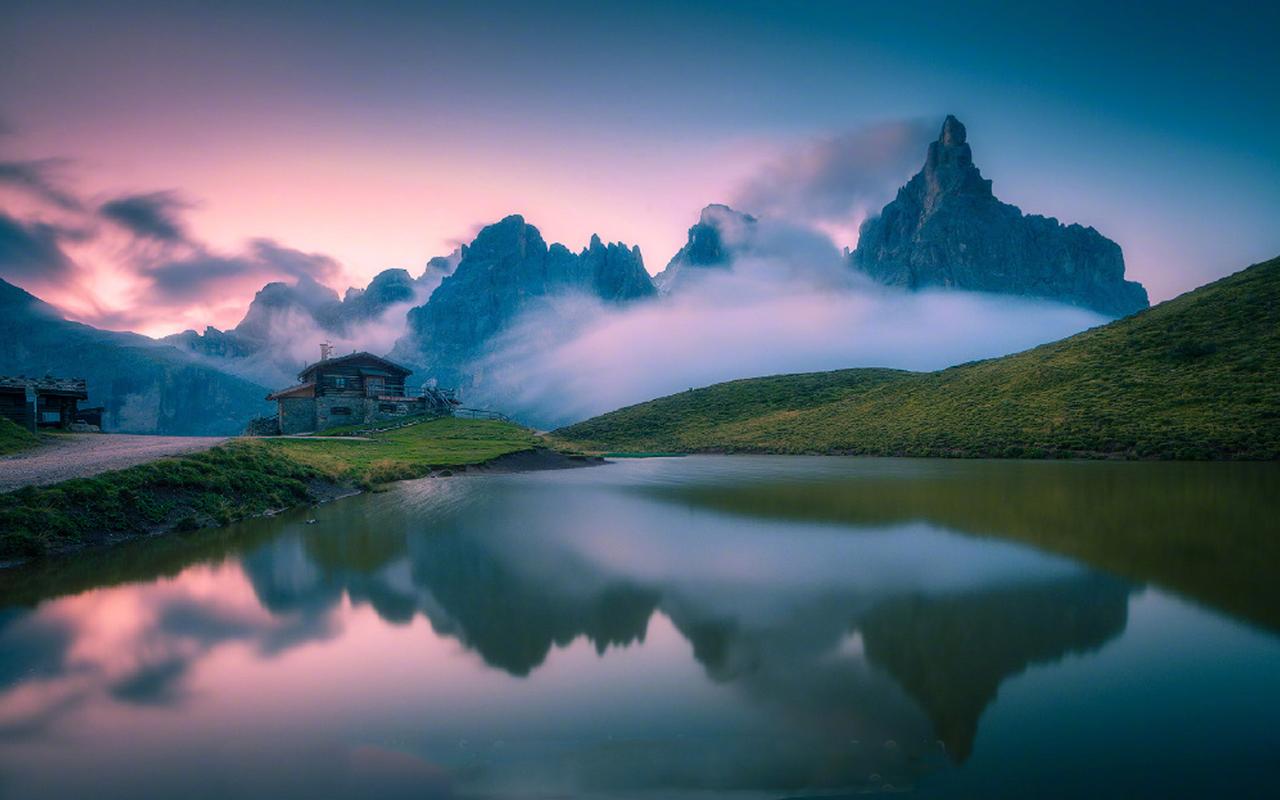New Zealand may be a small island nation, but it is a melting pot of different cultures, traditions, and beliefs. From the indigenous Māori people to European settlers, Pacific Islanders, and Asian immigrants, the richness of cultural diversity in New Zealand is worth exploring. In this article, we delve into the country’s unique identity shaped by its multicultural heritage and how it has contributed to its vibrant society.
History of Multiculturalism in New Zealand
New Zealand has a long history of multiculturalism that dates back to the arrival of the Māori people around 1,000 years ago. They brought with them their distinct language, customs, and cultural practices, which have been maintained and celebrated to this day. In the late 18th century, European settlers arrived, bringing with them their traditions, religion, and language.
In the 20th century, the country saw an influx of Pacific Islanders and later, Asian immigrants. Today, almost 15% of New Zealand’s population identify as Asian, and almost 10% identify as Pacific Islanders. The country also has a growing population of African and Middle Eastern migrants.
Impact of Multiculturalism on Society
The diverse cultures of New Zealand have influenced the country’s society in many ways. One of the most notable impacts has been on the arts, with traditional Māori art and music blending with contemporary European and Pacific Island styles. The country’s cuisine has also been enriched with international flavors, thanks to the diverse range of restaurants and eateries that have popped up all over the country.
Multiculturalism in New Zealand has also resulted in a range of festivals and events celebrating different cultures. For example, the annual Pasifika Festival showcases the music, dance, and culture of the Pacific Islands. The Lantern Festival celebrates Chinese New Year and showcases the country’s Chinese community.
Challenges of Multiculturalism
While multiculturalism has undoubtedly enriched New Zealand’s society, it has not been immune to challenges. For example, some immigrants may experience racism or discrimination, and there can be tension between different cultural groups. Language barriers can also be a significant challenge for some newcomers, and finding employment can be difficult without fluency in English.
However, the government has taken steps to address these issues, including promoting language learning, providing job training programs, and implementing anti-discrimination laws.
Conclusion
What makes New Zealand special is its unique blend of cultures, traditions, and beliefs, which has shaped its society and heritage. The country’s commitment to embracing diversity and inclusivity has led to a vibrant, multicultural nation that celebrates its differences. While challenges remain, we can learn from New Zealand’s example of how multiculturalism can be a force for social and cultural enrichment.
(Note: Do you have knowledge or insights to share? Unlock new opportunities and expand your reach by joining our authors team. Click Registration to join us and share your expertise with our readers.)
Speech tips:
Please note that any statements involving politics will not be approved.
